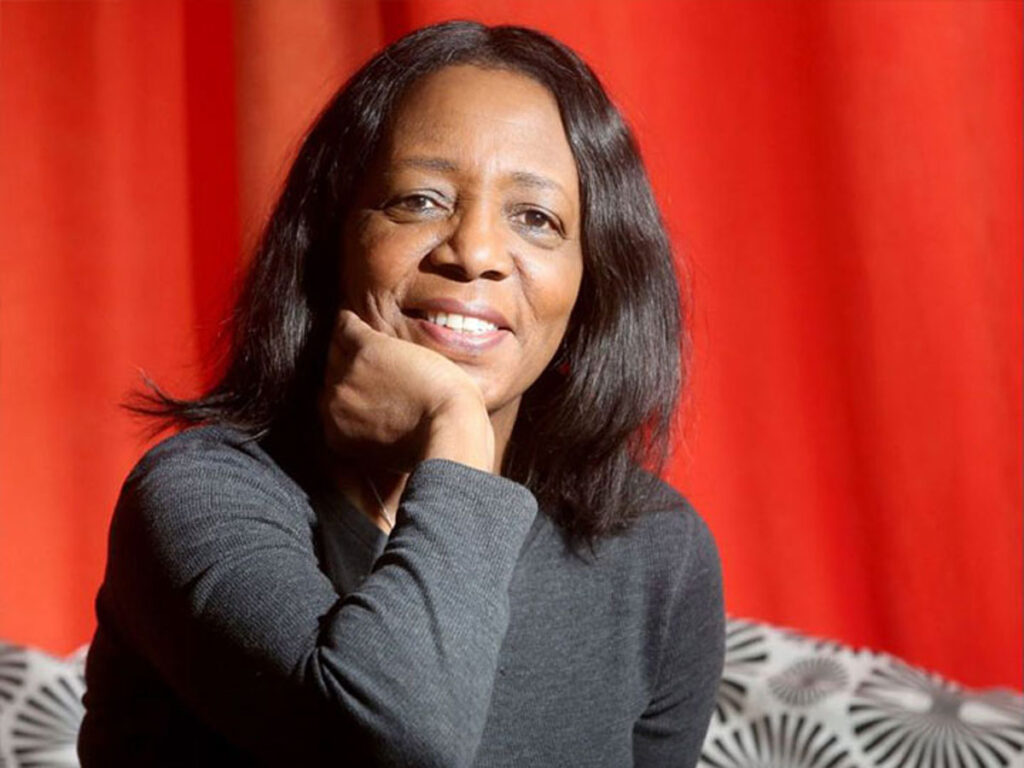VOICES FROM THE ECCC (Extraordinary Chambers in the Court of Cambodia)/THE KHMER ROUGE TRIBUNAL.
1. Can you state your name and position, and provide a brief summary of your basic responsibilities at the ECCC?
2. What brought you to the ECCC in this role?
3. Tell us about the process of investigating for the courts. What were the challenges?
4. What are your thoughts on the positive and negative aspects of a hybrid court (or restrictions or freedoms that you found at the ECCC)?
5. At times, the International and Cambodian sides of the ECCC arrived at different positions. Can you comment on any formal or informal ways in which the differing positions (or cultures) reconciled? Are there any stories you can share with us about how these sides worked together?
6. Are there any lessons learned, best practices, or recommendations based on your time at the ECCC that might be helpful for future international tribunals?
7. Based on your work at the ECCC, what do you see to be significant challenges for future courts handling mass atrocities?
8. Can you recall any experiences at the ECCC that changed your perspective?
9. Keeping within the boundaries of what has been released to the public: can you recall any accused or survivor stories that resonated with you?
10. What do you think the major impacts of the ECCC will be, both today and, say, 20 years in the future?
( July 18, 2019)

